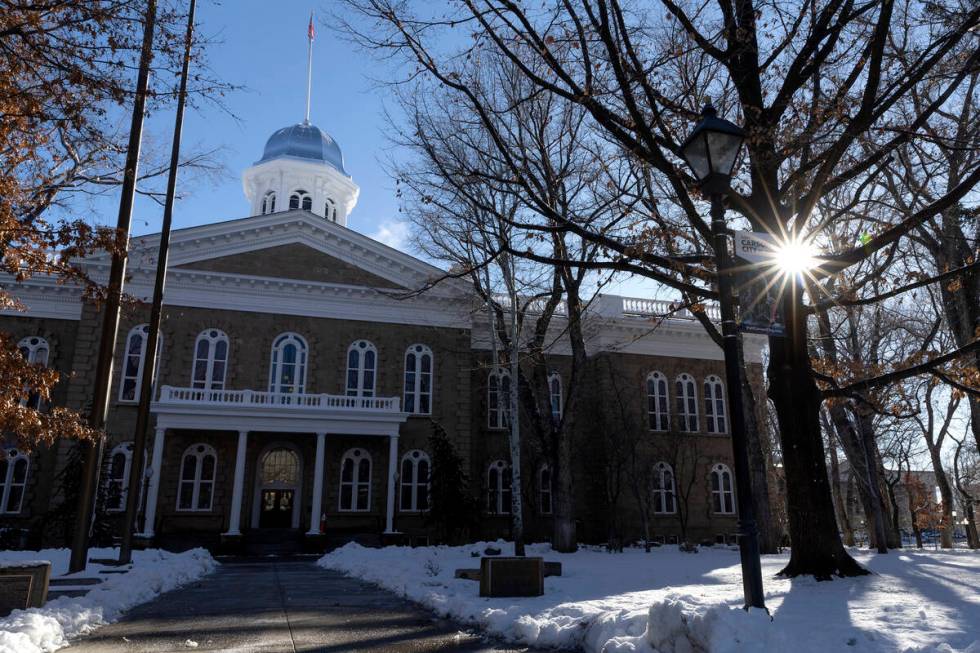Higher real estate transfer taxes in Nevada sought

With Nevada’s legislative session underway, a proposal has been made to boost the real estate transfer tax to raise money for mental health care needs and other services, a supporter said Monday.
Senate Bill 68 would raise the tax levied on sales of homes, warehouses and other real estate to fund assistance for “very low income housing,” supportive housing and supportive services.
Clark County would get at least $7.6 million per year from the measure, said Char Frost, chair of the Clark Regional Behavioral Health Policy Board, a state advisory panel.
The bill, which was introduced on the policy board’s behalf, is slated to have an amendment that would allow some funds to be used for property acquisition and rehabilitation, Frost told the Review Journal.
All told, the proposal would help address mental health and behavioral health care needs, including for people who are homeless or battling drug addiction.
Frost cited such services as psychiatric care, social-emotional learning and financial literacy, all of which could help people “learn how to function in a way that does not lead them down the road of becoming homeless again.”
Frost also pointed to Nevada’s last-in-the-nation status in addressing mental health issues.
For the last several years, advocacy group Mental Health America put Nevada 51st among all states and Washington, D.C., in its annual “The State of Mental Health in America” report. The lowest tranche of overall rankings indicates “higher prevalence of mental illness and lower rates of access to care,” the group says.
Real estate transfer taxes make up a fraction of a property’s sales price and generates revenue for schools, low-income housing and other services in Nevada. The tax amounts to 0.51 percent in Clark County, meaning a $300,000 home purchase generates a transfer tax bill of $1,530.
The Senate bill seeks to raise the tax by 20 cents for each $500 of value.
Nevada generated more than $330 million in transfer tax revenue last fiscal year, according to the Department of Taxation.
Frost said Nevada is a “tough state for funding” and the transfer tax hasn’t been raised for years.
“It felt like a good place to at least start this conversation,” she said.
Las Vegas has also seen plenty of big real estate deals over the years that did not generate a dime in transfer taxes.
As the Review-Journal reported last spring, at least $27.5 billion worth of transactions in the Las Vegas area — comprising roughly two dozen sales involving hotel-casinos, malls and other properties mostly on or near the Strip — had closed since 2007 without any publicly reported real estate transfer taxes.
In such deals, buyers often acquire a limited liability company or other entity that holds ownership of the real estate, instead of purchasing the property directly. The deals also frequently cite a transfer tax exemption allowed under state law when property owners shift real estate to a subsidiary.
“It’s a lovely loophole they’ve built for themselves,” Frost said.
Contact Eli Segall at esegall@reviewjournal.com or 702-383-0342. Follow @eli_segall on Twitter.